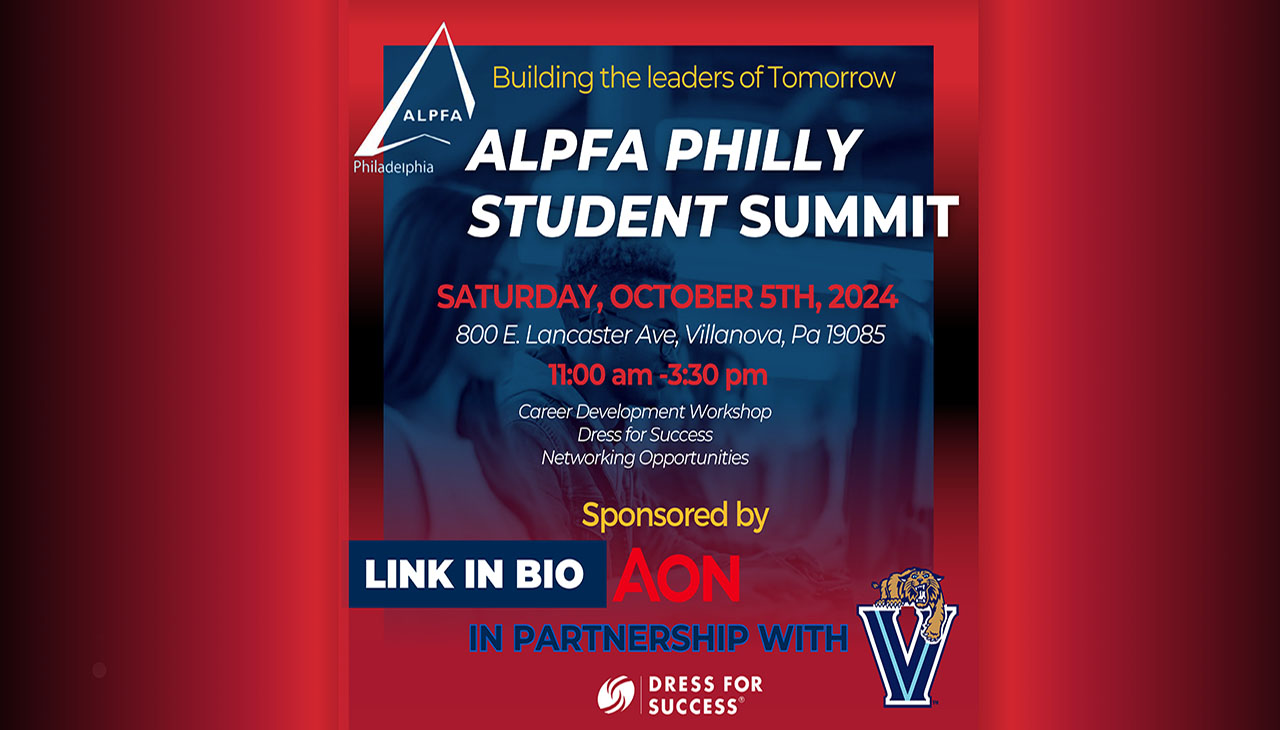
PHA and the Latino involvement problem
The housing authority has been trying to reach Latinos, but are Latinos being receptive?
In part one of a roundtable interview with AL DÍA, President and CEO of Philadelphia Housing Authortity (PHA) Kelvin Jeremiah talked about growing up in extreme poverty and how it now informs his work with Philadelphia’s low-income communities. He also discussed some of the praise and criticism for PHA’s massive redevelopment plan in the Sharswood section of the city, where a number of the agency’s problems — from battling their torrid management reputation to negotiating with the labor unions — appear in sharp context.
In part two of the interview below, Jeremiah discusses another expansion effort — that between PHA and the Latino community. It has not always been easy. But Jeremiah says the onus isn’t just on the housing authority.
****
Let’s shift gears and talk about the Latino presence within PHA. What does your Latino residency look like? What about your staff, especially in upper management?
About seven percent of our resident population have identified themselves as Latino. As you know, it’s elective. I suspect there are folks who choose not to [identify]. About three percent of our employees are also Latino. In terms of the higher reaches, the head of the office of policy, enterprise, and strategic planning is a Hispanic...We have Latinos in Human Resources. We have lawyers and a corporate secretary. I have been meeting with a contingent of Latino leaders biannually. In fact, one of the first things I did as president and CEO was to meet with them.
What about Latinos doing business with PHA?
While they’ve expanded a lot, there are still great struggles. There is still a desire to participate, to benefit Latino families and Latino businesses. But folks say that they want to participate, and I say to them, you have to be in it to win it. You can not merely assert that you want to participate, you have to get involved.
Most Latino-owned businesses in the city are small mom-and-pops. Can they contract with PHA?
We have contracts that could be anywhere from $1 million to $75 million, and we also have contracts that could be from $2500 to $1 million. So it runs the gamut. And we do that because we want to encourage a level of participation. Competitively solicited throughout the entire community.
What kind of work are you looking for? How do you reach out to the community?
Vendor fairs are held on a minimum of a quarterly basis. We have advertised them widely, especially in AL DÍA and other newspapers, and the various chambers like the Hispanic chamber. They’ve been targeting construction-related contracts, materials, hosts of social service programming, counselling programs, job training, literacy, insurance re.
What was really disconcerting to me was that we came to this idea about how we could better encourage participation, and when it came to actually doing the work to get in. And yes, some of the bigger Hispanic organizations — APM, Hace, Esperanza — they’ve been clued in in really significant ways...and they have [participated]. But I’d like to see the smaller mom-and-pops, the smaller contractors might not be able to build a huge development but could repair a small house. We have those. We have small contractors across the city as we speak doing just that, but they’re not Hispanic.
What has the response been?
We find that they’re not showing up. Even with solicitation going out to Hispanic-owned businesses, they’re not responding. I really want folks to know this is a new PHA. We are in fact interested in making sure that the benefits we offer are extended to all sectors of our community.
We’ve seen a slight uptick in participation with Hispanic businesses, but not nearly at the same level we’ve seen with Black- and women-owned businesses.
For all the advertising we’ve done, it hasn’t translated into increased participation. When I say to folks you have to be in it to win it, I’m telling you there is no secret [to doing business with PHA]. I can you I’ll have a special meeting just for you. And I can tell you what the participation rate is. At the last meeting? One Hispanic organization. I went before the [Hispanic] Chamber last year and challenged them. I said, I want all of the business to go to you. I cannot merely give it to you. I’m prohibited from doing that. You have to be in it. I challenged them to do more, and they have. The person who showed up at that meeting was actually from the chamber.
What can be done differently then?
What I’d like to see beyond the rhetoric is real action. So when you ask for employment opportunities, and we send you that stuff. PHA has for the first time an LEP procedure developed, frankly, in collaboration with the Latino community, because I thought it was important. The outreach...folks didn’t feel welcome...well, you are welcome. But now that you have a seat at the table, and now that we have an understanding of the history that got us here, what are our plans to move forward? That has been my goal.
Part of my frustration frankly is that, beyond the rhetoric, what are you doing to get on board? Or do you just want to be able to say ‘we are not participating because we are not afforded the opportunity’? Is it more convenient to say that than to do the work necessary to actually participate. And is the onus, frankly, only on me [and PHA]? I think it’s a collective one.










LEAVE A COMMENT:
Join the discussion! Leave a comment.